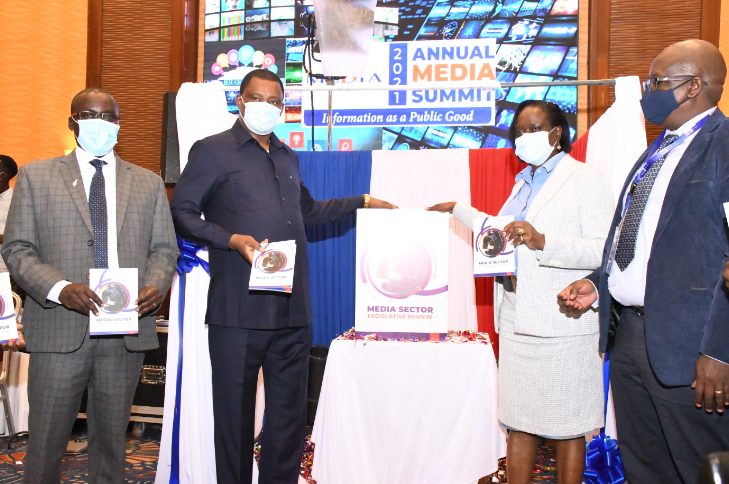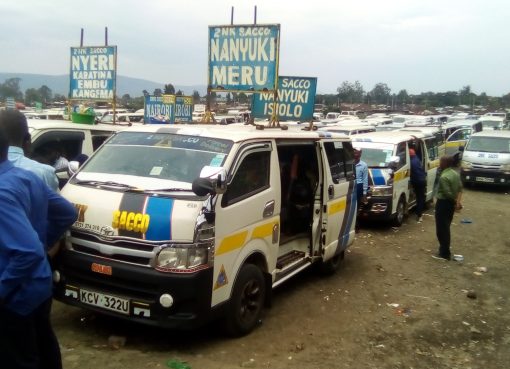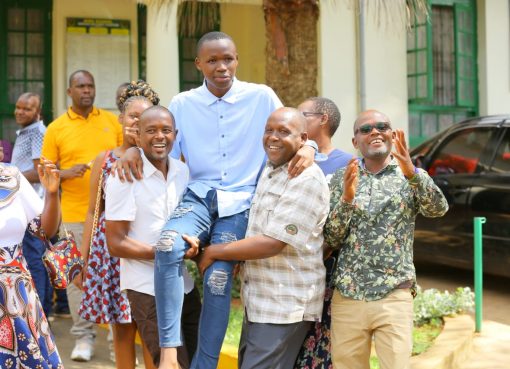National Assembly Speaker Justin Muturi has called for better remuneration for employees in the media industry noting they go to every length to get in-depth stories.
Muturi said that he recently watched Purity Mwambia’s incisive documentary on illegal guns and was both shocked and worried for her for the risks involved and the courage to go and get the story, questioning how much journalists take home at the end of the day.
Speaking at a Nairobi hotel during the World Press Freedom day celebrations, Muturi said that as someone who has been in the field for long, he wonders how a media station sends a journalist to cover a corruption story in his home County Embu without any means of transport and facilitation whatsoever and then expect the reporter to keep their integrity.
“Let us be serious with ourselves, pay these reporters well and then demand integrity from them. I know times are hard and the situation has not made it easier for things to work too well but this is about survival and the media houses need to work on their survival by adopting models that make sense,” said the Speaker.
Muturi said that the legislature and the media can work together to achieve public good especially during the Covid-19 pandemic by providing the public with accurate and factual information which is the cornerstone of democracy and national development.
“Journalists should use all legal ethical means to obtain information held by the government and by the government and relay the same information in a context that is beneficial and understandable to the citizens,” said Muturi.
“The media in Kenya has come a long way and today you are very strong statutory allies as articulated in articles 33, 34 and 35 of the constitution which talks about freedom of expression, media freedom and access to information collectively and we have laws enabling you to operate independently and in a relatively free environment,” said Muturi.
He however noted that there are some old colonial laws from the dark eras which need to be cleaned up and make the work of journalists easier and more supportive to democratic growth of the country.
“I am happy that the media council of Kenya has identified many of those laws that need to be amended or repealed and we need to work together for these reforms to take place, speak to your Members of Parliament and the sub-committees to bring the motions to the house and we will exercise our initiative wisdom appropriately,” said Muturi.
The speaker said that in the last eight years they have been expanding parliamentary staff to allow journalists to cover live proceedings in parliament and house committees without hindrance.
State Department of Broadcasting and Telecommunications Principal Secretary (PS) Esther Koimett said that the constitution gives the media special and extensive protection in order to enjoy freedom and independence and specifically provides that the state shall not exercise control over or interfere with any person engaged in broadcasting, production of any publication or the dissemination of information by any media.
“The Kenya Vision 2030 identifies information as a key enabler in supporting the visions pillar in supporting wealth creation, social welfare and international competitiveness. It also identifies Information Technology (IT) as a key enabler in the realization of the 10 per cent annual economic growth,” said Koimett.
Koimett called on the media fraternity to always adhere to their code of conduct by publishing balanced and accurate stories which will then assure media freedom and credibility.

“When you fail in the duty to yourselves your profession and countrymen, the state must defend those who cannot protect themselves and the government expects that Media Council of Kenya (MCK) will monitor and remedy the shortcomings in the spirit of fraternal correction,” said Koimett.
MCK Chief Executive Officer (CEO) David Omwoyo said that the Covid-19 pandemic has been hard on journalists with hundreds losing their jobs. “More than 300 journalist have been hospitalized due to Covid-19, we have lost three, we have more than 2, 000 journalists having serious salary cuts with some earning 30 per cent of their previous pay,” explained Omwoyo.
He said that together with the National Assembly they were able to roll out a journalists support grant where more than 147 media houses received funding to be able to sustain jobs and remain in operation and more than 600 journalists have received direct travel grants to do their stories.
Omwoyo lamented that there are a cocktail of laws distributed across all over the penal code, the constitution and circulars that interfere with the work of the media.
He called on parliament to revise these laws to help the media and the community be able to develop good and accurate news.
By Joseph Ng’ang’a





